Traumatic experiences can leave lasting emotional, psychological, and even physical effects. For many, post-traumatic stress disorder (PTSD) presents itself in the form of flashbacks, nightmares, hypervigilance, or overwhelming anxiety. Healing from trauma is not about erasing the past, but about reclaiming peace and safety in the present. And most times, it takes professional help to achieve this.

What is PTSD?
PTSD is a common mental health condition that develops after exposure to a traumatic event. It is characterized by re-experiencing the trauma, negative changes in mood or thoughts, avoidance behaviors, and heightened reactivity. PTSD can affect anyone, regardless of age or background.
Common PTSD Symptoms
People with PTSD can experience several intrusive, avioidance, mood, and cognitive symptoms.
Intrusive Symptoms
- Flashbacks (reliving the trauma): Intrusive, distressing memories of the event, sometimes accompanied with physical symptoms like racing heart or sweating
- Nightmares related to the trauma
- Intense emotional or physical reactions to triggers (reminders of the trauma)
Avoidance Symptoms
- Avoiding people, places, or activities that are reminders of the trauma
- Avoiding conversations or feelings related to the event
- Emotional numbness or detachment
Mood and Cognitive Symptoms
- Persistent negative thoughts about oneself, others, or the world
- Distorted blame or guilt related to the trauma
- Loss of interest in previously enjoyable activities
- Difficulty in experiencing positive emotions such as love, happiness and hope
- Memory problems, especially around the traumatic event
Reactivity Symptoms
- Being easily startled or “on edge” (hypervigilance)
- Difficulty sleeping or staying asleep
- Irritability, anger outbursts, or aggressive behavior
- Trouble concentrating
Treatment for PTSD
- Medications like SSRIs or sleep aids to manage mood and sleep.
- Supportive counseling to help regulate emotions and reduce daily stressors.
- Lifestyle approaches such as mindfulness, journaling, and stress-reduction techniques.
- Connections to specialized trauma programs if extended therapy is recommended.
How Reverent Health Psychiatry Can Help
We approach PTSD care with sensitivity and respect, offering:
- Medication management to address anxiety, depression, or sleep disturbances linked to trauma.
- Brief supportive therapy that emphasizes coping strategies and grounding techniques.
- Trauma-informed care that prioritizes safety, trust, and empowerment.
- Referrals to specialized trauma therapy (such as EMDR or CBT) when needed for deeper processing.
You don’t have to navigate the weight of trauma alone.
Take the step toward healing today with Reverent Health Psychiatry’s telehealth PTSD support in New York and Tennessee.

